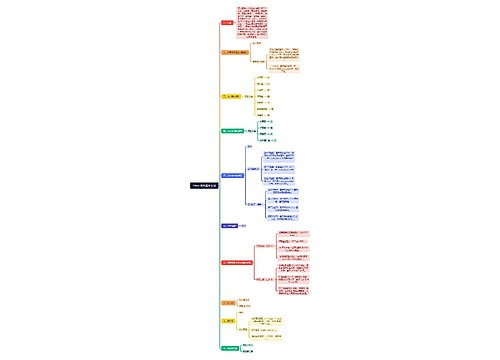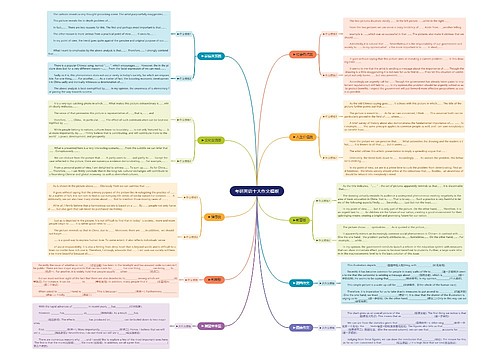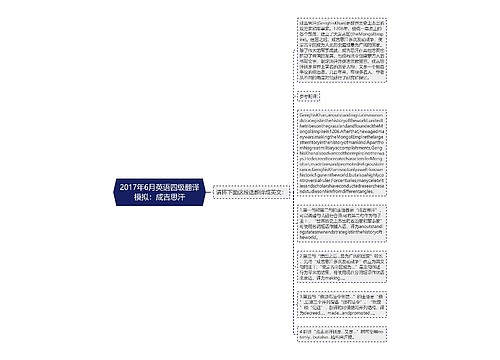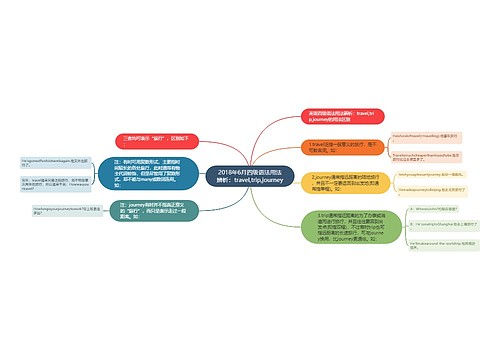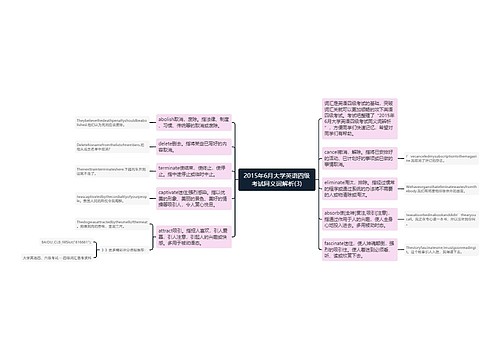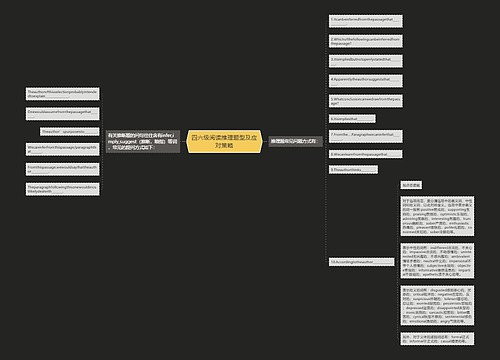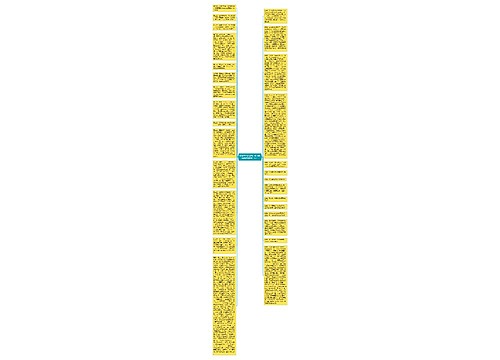Formanypeopletoday,readingisnolongerrelaxation.Tokeepuptheirworktheymustreadletters,reports,tradepublications,interofficecommunications,nottomentionnewspapersandmagazines:anever-endingfloodofwords.In1ajoboradvancinginone,theabilitytoreadandcomprehend2canmeanthedifferencebetweensuccessandfailure.Yettheunfortunatefactisthatmostofusare3readers.Mostofusdeveloppoorreading4atanearlyage,andnevergetoverthem.Themaindeficiency5intheactualstuffoflanguageitself-words.Takenindividually,wordshave6meaninguntiltheyarestrungtogetherintophrased,sentencesandparagraphs.7,however,theuntrainedreaderdoesnotreadgroupsofwords.Helaboriouslyreadsonewordatatime,oftenregressingto8wordsorpassages.Regression,thetendencytolookbackover9youhavejustread,isacommonbadhabitinreading.Anotherhabitwhich10downthespeedofreadingisvocalization―soundingeachwordeitherorallyormentallyas11reads.
Toovercomethesebadhabits,somereadingclinicsuseadevicecalledan12,whichmovesabar(orcurtain)downthepageatapredeterminedspeed.Thebarissetataslightlyfasterrate13thereaderfindscomfortable,inorderto“stretch”him.Theacceleratorforcesthereadertoreadfast,14word-by-wordreading,regressionandsubvocalization,practicallyimpossible.Atfirst15issacrificedforspeed.Butwhenyoulearntoreadideasandconcepts,youwillnotonlyreadfaster,16yourcomprehensionwillimprove.Manypeoplehavefound17readingskilldrasticallyimprovedaftersometraining.18CharlceAu,abusinessmanager,forinstance,hisreadingratewasareasonablygood172wordsaminute19thetraining,nowitisanexcellent1,378wordsaminute.Heisdelightedthathowhecan20alotmorereadingmaterialinashortperiodoftime.
1.A.applyingB.doingC.offeringD.getting
2.A.quicklyB.easilyC.roughlyD.decidedly
3.A.goodB.curiousC.poorD.urgent
4.A.trainingB.habitsC.situationsD.custom
5.A.liesB.combinesC.touchesD.involves
6.A.someB.AlotC.littleD.dull
7.A.FortunatelyB.Infact
C.LogicallyD.Unfortunately
8.A.reuseB.rereadC.rewriteD.recite
9.A.whatB.whichC.thatD.if
10.A.scalesB.cutsC.slowsD.measures
11.A.someoneB.oneC.heD.reader
12.A.acceleratorB.actorC.amplifierD.observer
13.A.thenB.asC.beyondD.than
14.A.enablingB.leadingC.makingD.indicating
15.A.meaningB.comprehension
17.A.ourB.yourC.theirD.sucha
18.A.LookatB.TakeC.MakeD.Consider
19.A.forB.inC.afterD.before
20.A.masterB.gooverC.present
1.【答案】D
【解析】本句意思是“谁如果想谋得一份差事”。applying需加for,意思是“申请”;B.doing做;C.offering提供此三项均不符题意,只有D.getting(获得)适合。
2.【答案】A
【解析】本句意为“快速阅读与理解的能力,是关系到成败的关键所在”只有quickly与原意吻合。easily(容易地);roughly(粗略地);decidedly(果断地)均与原文内容不符。
3.【答案】C
【解析】英语中,阅读速度快的人称为goodreader,反之,就是poorreader。
根据上下文的内容,多数人都属于poorreader,因此选poor(差的)。其它选项不妥。
4.【答案】B
惯”因此选habits(习惯)。training(训练,培训);situations(形势);custom(风俗习惯)。
5.【答案】A
【解析】此处说的是“主要的困难在于语言的自身要素,即单词”。combines联合;touches接触;involves包括,这三项的词义与原文不符。而lies与in构成搭配,意为“在于”。
6.【答案】C
【解析】这里的意思是“如果单个地看这些字,它们并没有什么意义”。some有点;Alot许多;dull单调的。此三项不合题意。只有little(很少)是否定词,合乎逻辑。
7.【答案】D
【解析】此句意为“作者对未受过阅读训练的人的不良习惯感到遗憾”。
Fortunately幸运地;Infact事实上;Logically合乎逻辑地,均不妥。
8.【答案】B
【解析】此句意为“在阅读时经常重读(反复读)”因此,选reread重读。reuse再使用;Rewrite改写;recite背诵。
9.【答案】A
【解析】此处所填的词既是lookbackover的宾语,又是youhavejustread的宾语,只有what能充当这种双重成分。
10.【答案】C
【解析】scalesdown按比例减少;cutsdown削减;此两项不合题意。
measures不能与down搭配。只有slow与down搭配的意思“放慢”,在此合适。
11.【答案】B
【解析】本段前文已经出现you,在此选one(泛指人们,我们,你)来代替you。someone无此用法。如果用reader,前面应加定冠词。he不能与该段逻辑一致。
12.【答案】A
【解析】此句意为“训练快速阅读所使用的工具必然与提高阅读速度有关”,因此选accelerator(快读器)。actor演员;amplifier放大器;observer观察者。
13.【答案】D
【解析】前面的faster决定了应当选than,构成比较级。
14.【答案】C
【解析】此句意为“快速阅读器迫使你加快阅读速度,使你再也不能逐字阅读,回顾前文内容或者默读”。enabling相当于makingpossible;leading引导;indicating指出,表明。都不合题意。只有making(使,使得)最合适。
15.【答案】B
【解析】这里的意思是“速读最初会影响理解”,所以选comprehension(理解力)。meaning意义,意思,指词或词组表示的意义;gist大意,要旨regression回顾
16.【答案】A
【解析】与前半句中的notonly相呼应,构成句式“不仅……,而且……”,只有选but,而nor;or或for均不能构成固定用法。
17.【答案】C
【解析】本句中的主语是第三人称复数,物主代词必然是their。
18.【答案】B
【解析】take与后面的forinstance构成短语,意为:“以……例”,其它三项不能构成搭配。
19.【答案】D
【解析】这里提到受训之前与受训之后进行比较,对比,因此选before。
20.【答案】D
【解析】此处意为:在较短时间内,读完众多的材料。master掌握;goover复习;present呈现,展现;此三项均不妥;只有getthrough(读完)最恰当。

 U633687664
U633687664
 U880113127
U880113127